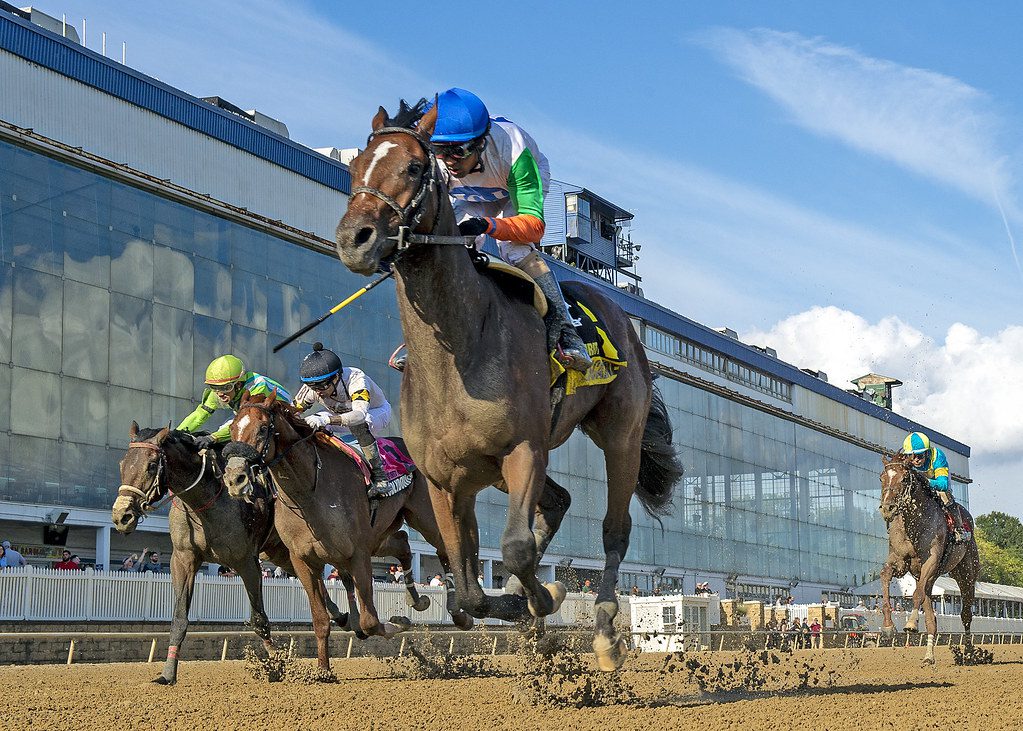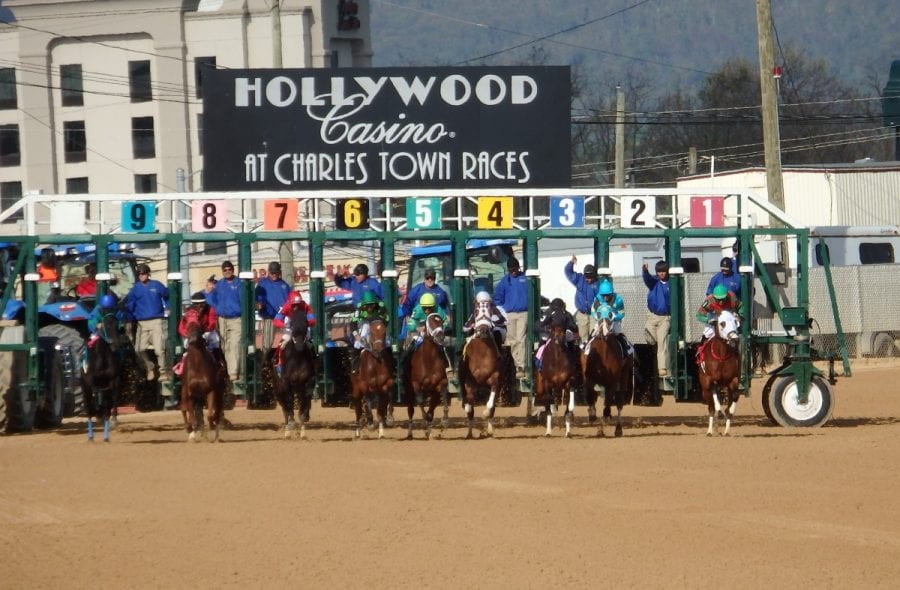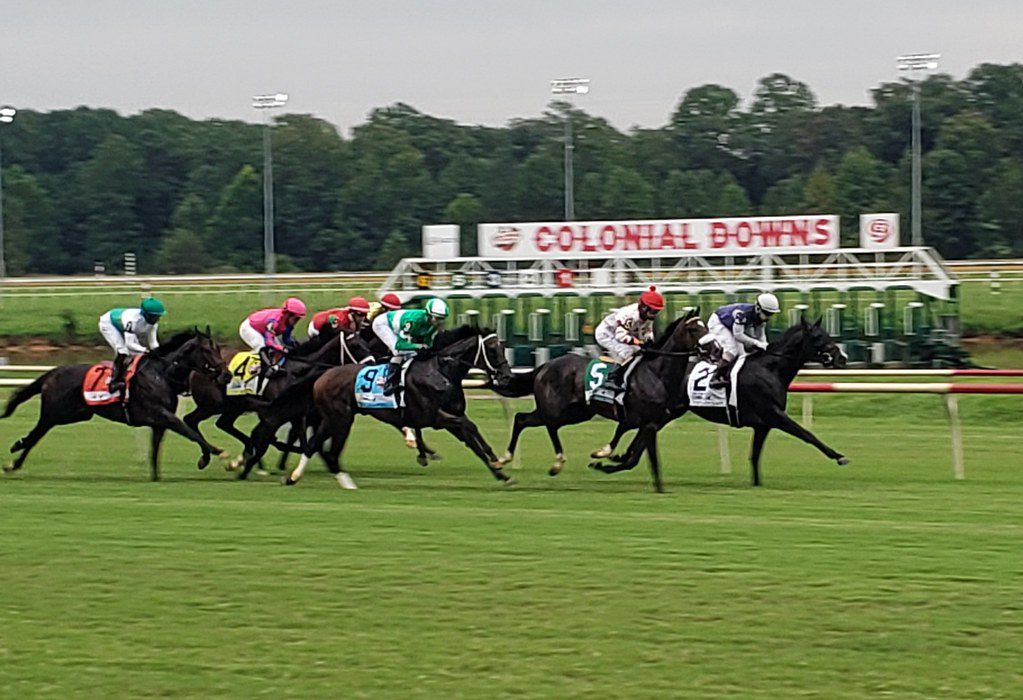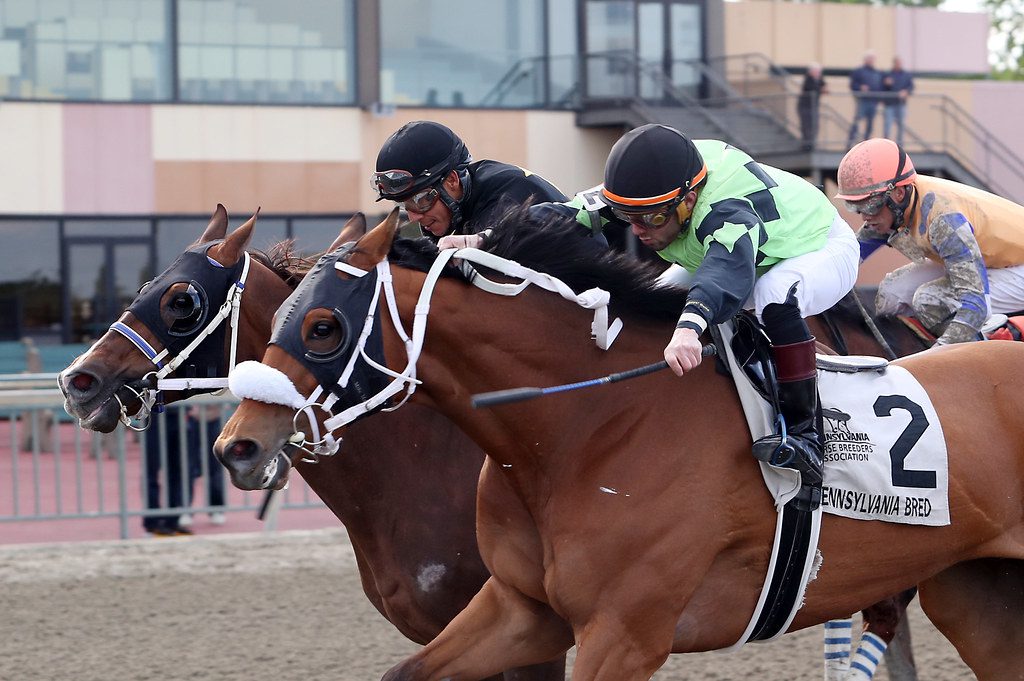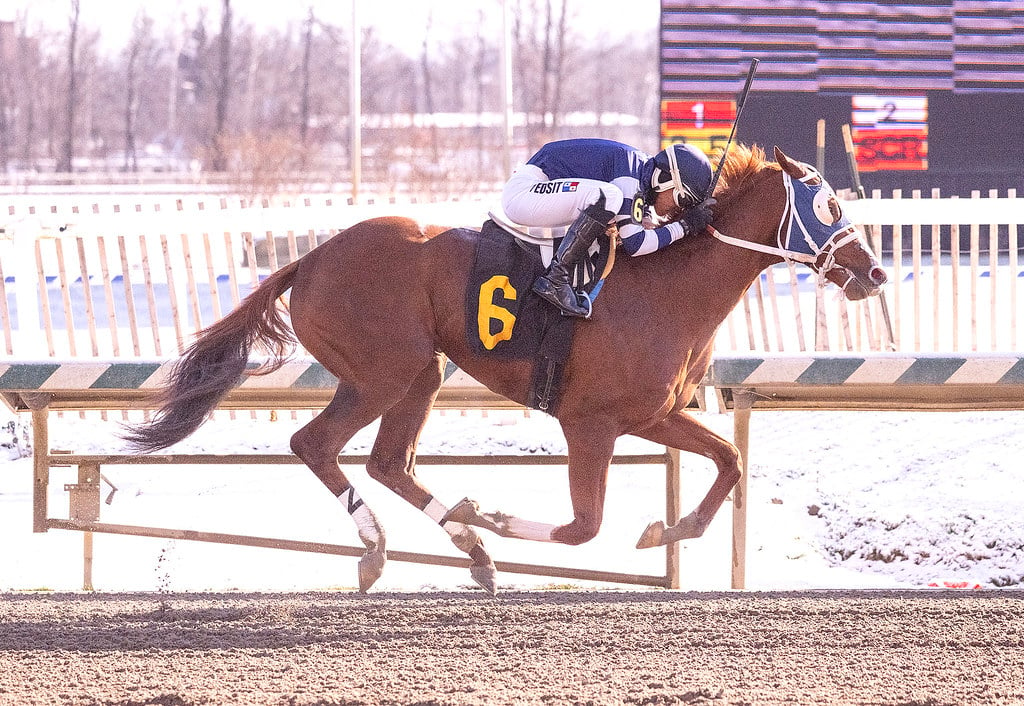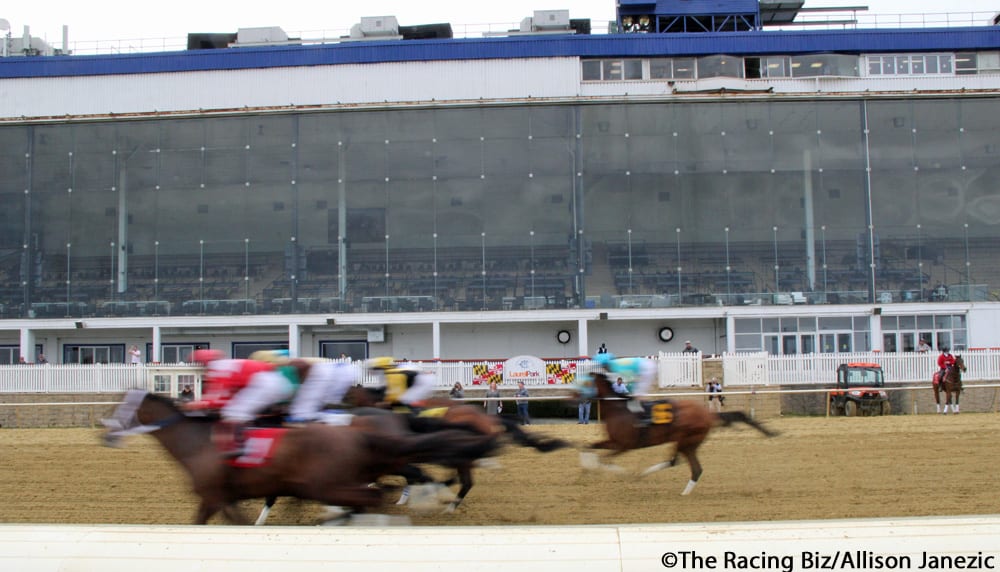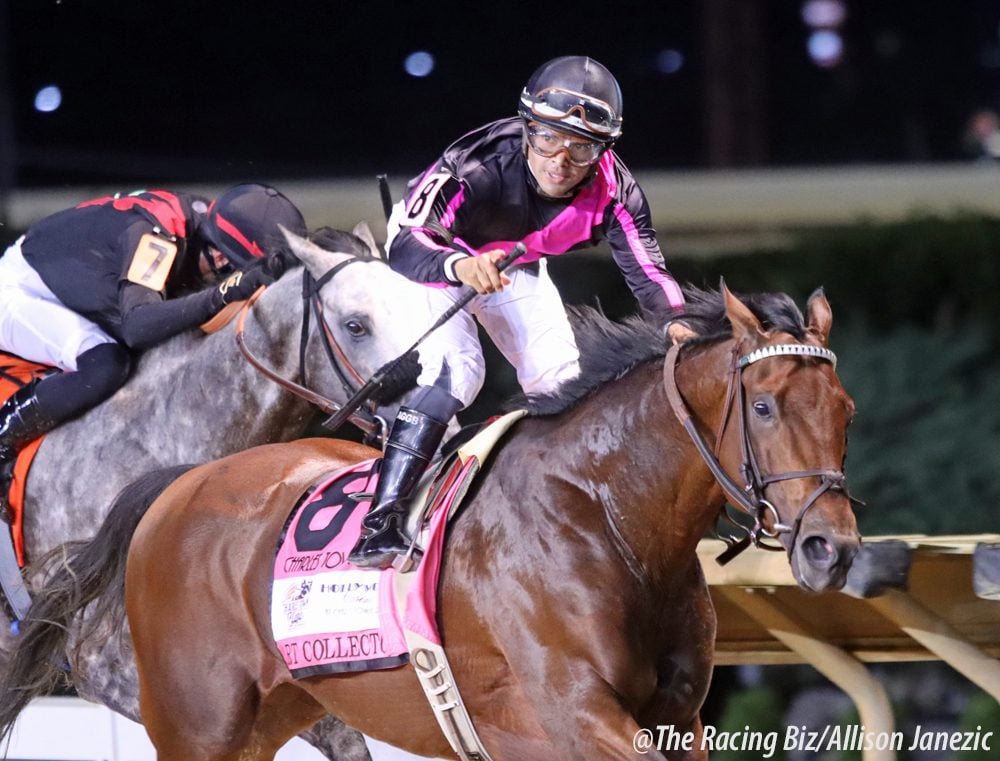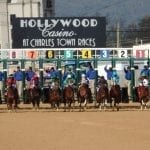MD RACING COMMISSION WAIVES AMICAR PENALTIES

The Maryland Racing Commission on Thursday voted not to disqualify several horses despite their having tested positive for Amicar and other adjunct bleeder medications. The decision was unanimous and came on the advice of the Commission’s medication committee.
The violations typically carry a “Category C” penalty, which calls for, in the first offense, disqualification and loss of purse, as well as a fine of at least $1,000 imposed on the trainer.
The Commission vote this afternoon waives those penalties. Instead, the trainers will be given warnings, and the enforcement of penalties for similar offenses will resume effective August 1.
The positives arose in the spring, when seven harness horses and five Thoroughbreds tested positive for the medications. The positives came after Maryland switched testing labs, moving from Truesdail Laboratories in Irvine, CA to Industrial Laboratories, based in Wheat Ridge, CO.
“Truesdail was probably not” testing for adjunct medications when it still had the contract, Maryland Thoroughbred Horsemen’s Association (MTHA) counsel Alan Foreman told the Commission.
While the adjunct bleeder meds are not permitted in a horse’s blood stream on race day, some veterinarians and trainers have continued to use them for training. That practice now will likely end.
In these cases, Foreman said that the lab’s best estimate was that the medications had been administered to the horses “at 90-plus hours” prior to the tests. There is no withdrawal guidance available to horsemen.
- Laurel Park: Latest jockey and trainer stats
 Which Maryland and Laurel Park jockeys and trainers are having a good meet? Who’s doing better than you’d think? Or heating up now? Answers within.
Which Maryland and Laurel Park jockeys and trainers are having a good meet? Who’s doing better than you’d think? Or heating up now? Answers within.
The spate of positives prompted the MTHA to issue a warning to horsemen that “any trainer” who continued to use Amicar and similar medications “runs the risk of a post-race positive test.”
The cases of the harness horses, Commission executive director Mike Hopkins told the Commission, had already been adjudicated, with the harness judges imposing the standard penalties, including disqualification and loss of purse.
Two Commissioners who represent the harness industry cried foul at the differential treatment.
“I don’t think it’s fair to let everybody else off with a warning” after having already slapped the harness trainers and owners with penalties, Commissioner Tammy Lafferty said, a position echoed by Clarissa Coughlin.
After receiving assurances from Commission chairman Emmitt Davitt that the Commission would research how to rescind those penalties and make the harness horsemen whole, Coughlin voted in favor of the motion. Lafferty had already left for a prior engagement.
State horsemen have maintained that they had made no changes to their medication routines but that what changed was the testing lab. Some have made the same argument about a rash of dexamethasone positives that occurred in a similar timeframe.
- CT: Juvenile winners connect Sigler, Farrior barns
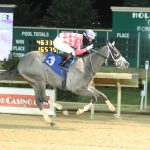 Maskedandmummed swept two November stakes at Charles Town, and a pair of other juveniles impressed in graduating in the muddled 2yo scene there.
Maskedandmummed swept two November stakes at Charles Town, and a pair of other juveniles impressed in graduating in the muddled 2yo scene there.
Like Amicar, dexamethasone, an anti-inflammatory, is considered a “Class 4” drug, meaning one that is considered therapeutic and possessed of only limited ability to influence performance. Also like Amicar, it carries a category C penalty.
The dexamethasone positives were not yet ripe for the Commission’s consideration today, but a dozen or so trainers and veterinarians were on hand to express their concerns. The withdrawal guideline for dexamethasone is 72 hours to ensure a horse tests under the threshold of 5 picograms per ML of blood plasma.
But some horsemen have said their vets administer a smaller than normal dose of dexamethasone 48 hours out. Trainer Claudio Gonzalez admitted as much in a Paulick Report article July 6 after he was forced to scratch several horses out of Pimlico’s July 4 card.
Trainer John Salzman, Jr., who likewise scratched horses that day, outlined that to the Commission this afternoon.
“We all use dexamethasone,” he said. “We’ve been using it for five or six years the same way… I’m going to guess that 75% of us use dex at 48 hours.”
While he and others maintain the dex situation is the “same thing as the Amicar,” one difference the Commission may point to when it considers the matter, likely next month, is that dexamethasone has an established withdrawal time, while Amicar does not.
That, of course, would be cold comfort to Salzman, Gonzalez, and others.
“Nothing changed except the lab, and now they’re trying to throw us under the bus,” Salzman told the Commission.
NOTES The Commission rejected the appeal by trainer Bill Campbell of a stewards’ decision in a race January 18. Campbell’s horse, Seven On the Rocks, finished third in the seventh race at Laurel that day after a roughly run stretch drive. The stewards disqualified the runner-up, Bernie’s On Fire, elevating Seven On the Rocks to second, but Campbell maintained they should also have DQed the winner, Redeem Eddie, which would have placed his horse first. A three-member panel of the Commission voted unanimously to leave the order of finish as is.
LATEST NEWS


